LONDON, Ontario, Canada: Researchers have used proteomics to examine proteins and peptides in saliva in order to accurately detect exposure to the Zika virus. With 70 countries and territories reporting evidence of mosquito-borne Zika transmission, there is an increased need for a rapid and effective test for the virus.
By analyzing the saliva of a mother infected with Zika during pregnancy and her twins—one born with microcephaly and one without—the researchers from the University of Western Ontario were able to pinpoint the specific protein signature for Zika that is present in saliva. This discovery may provide an effective way to screen for exposure. The team of international scientists, led by Dr. Walter Siqueira, also uncovered important clues about how the virus passes from mother to baby and its role in the development of microcephaly, a birth defect in which a baby’s head is abnormally small and its brain underdeveloped.
The research findings suggest a vertical transmission of the virus between mother and baby. The mutations in the amino acid sequence of the peptides were different for each twin, indicating that these mutations may play a role in whether a baby will develop microcephaly.
Currently, the Centers for Disease Control and Prevention use blood tests to look for changes to RNA in order to diagnose Zika. The drawback to this method is that it is only able to detect the virus for up to five to seven days after exposure. Siqueira pointed out that, because the proteins and the peptides that come directly from the virus are more stable than RNA, saliva proteomics can detect the virus far longer after exposure than with the current method. In the study, the window of detection was extended to nine months post-infection.
“We are very excited to publish findings that shed light on the transmission of Zika virus and present an innovative approach to assessing the presence of Zika virus,” said Journal of Dental Research Editor-In-Chief Dr. William Giannobile. “This research has the potential to positively impact global health. By detecting the virus, the infected individuals can have their symptoms and the virus progression properly monitored, as well as take action to stop the spread of the virus which causes these devastating craniofacial defects in newborns.”
The study, titled “Postnatal identification of Zika virus peptides from saliva,” was published in the September issue of the Journal of Dental Research.
Tags:
WASHINGTON, U.S.: Prevention is always the best place to start when talking about dental care; however, many patients would be thrilled to have access to an...
PERUGIA, Italy: In recent years, the landscape of dental prosthesis fabrication has seen a significant shift with the advent of additive manufacturing ...
EDMONTON, Canada: A team of researchers at the University of Alberta has secured funding to develop a 3D ultrasound device that would allow dentists to ...
MUNICH, Germany: Molar incisor hypomineralisation (MIH) constitutes a global oral health issue, affecting around 14% of the world’s population. Like with ...
CLEVELAND, Ohio, U.S.: New findings by a US research team regarding certain bacteria and fungi may make way for the development of a precautionary test for ...
BIRMINGHAM, UK: The link between periodontal disease and a range of systemic health conditions such as cardiovascular disease, Type 2 diabetes and ...
DALLAS, U.S.: Owing to constant face-to-face interaction with members of the public, dentists and other health care professionals are at a greater risk of ...
NEW YORK, U.S.: Early detection of any disease or virus is critical. The 2015 Zika outbreak in Brazil, which led the World Health Organization to declare ...
CHICAGO, U.S.: Hydroxyapatite is an important component of hard tissue. Tooth enamel, for example, has the highest concentration of the mineral. Since ...
PORTLAND, Ore., U.S.: In a recent development that could have a huge impact on the dental industry, researchers from the Oregon Health and Science ...
Live webinar
Fri. 30 January 2026
2:00 pm EST (New York)
Dr. Anthony Viazis DDS, MS. Inventor & Founder of Fastbraces®
Live webinar
Tue. 3 February 2026
7:00 pm EST (New York)
Live webinar
Wed. 4 February 2026
11:00 am EST (New York)
Live webinar
Thu. 5 February 2026
2:30 pm EST (New York)
Dr. Boota Ubhi BDS, FDS RCS (Edin), MDentSci, MRD RCS (Eng) Specialist, Cat Edney
Live webinar
Thu. 5 February 2026
8:00 pm EST (New York)
Dr. Zeeshan Sheikh Dip.Dh, BDS MSc, M.Perio, PhD, FRCDC, Dip-ABP
Live webinar
Tue. 10 February 2026
7:00 pm EST (New York)
Prof. Dr. Wael Att, Dr. Robert A. Levine DDS, FCPP, FISPPS, AOD, Dr. Larissa Bemquerer ITI Scholar at Harvard
Live webinar
Wed. 11 February 2026
11:00 am EST (New York)
Dr. med. dent. Sven Mühlemann



 Austria / Österreich
Austria / Österreich
 Bosnia and Herzegovina / Босна и Херцеговина
Bosnia and Herzegovina / Босна и Херцеговина
 Bulgaria / България
Bulgaria / България
 Croatia / Hrvatska
Croatia / Hrvatska
 Czech Republic & Slovakia / Česká republika & Slovensko
Czech Republic & Slovakia / Česká republika & Slovensko
 France / France
France / France
 Germany / Deutschland
Germany / Deutschland
 Greece / ΕΛΛΑΔΑ
Greece / ΕΛΛΑΔΑ
 Hungary / Hungary
Hungary / Hungary
 Italy / Italia
Italy / Italia
 Netherlands / Nederland
Netherlands / Nederland
 Nordic / Nordic
Nordic / Nordic
 Poland / Polska
Poland / Polska
 Portugal / Portugal
Portugal / Portugal
 Romania & Moldova / România & Moldova
Romania & Moldova / România & Moldova
 Slovenia / Slovenija
Slovenia / Slovenija
 Serbia & Montenegro / Србија и Црна Гора
Serbia & Montenegro / Србија и Црна Гора
 Spain / España
Spain / España
 Switzerland / Schweiz
Switzerland / Schweiz
 Turkey / Türkiye
Turkey / Türkiye
 UK & Ireland / UK & Ireland
UK & Ireland / UK & Ireland
 Brazil / Brasil
Brazil / Brasil
 Canada / Canada
Canada / Canada
 Latin America / Latinoamérica
Latin America / Latinoamérica
 USA / USA
USA / USA
 China / 中国
China / 中国
 India / भारत गणराज्य
India / भारत गणराज्य
 Pakistan / Pākistān
Pakistan / Pākistān
 Vietnam / Việt Nam
Vietnam / Việt Nam
 ASEAN / ASEAN
ASEAN / ASEAN
 Israel / מְדִינַת יִשְׂרָאֵל
Israel / מְדִינַת יִשְׂרָאֵל
 Algeria, Morocco & Tunisia / الجزائر والمغرب وتونس
Algeria, Morocco & Tunisia / الجزائر والمغرب وتونس
 Middle East / Middle East
Middle East / Middle East
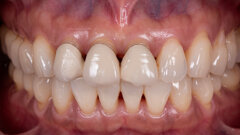

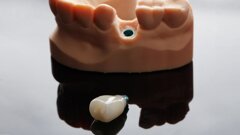


















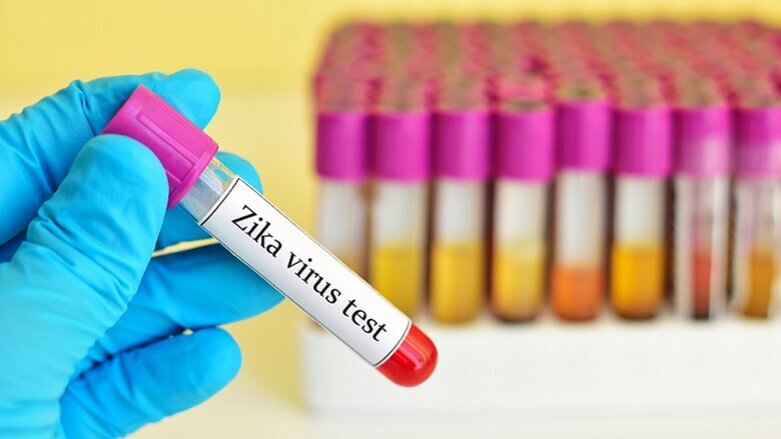




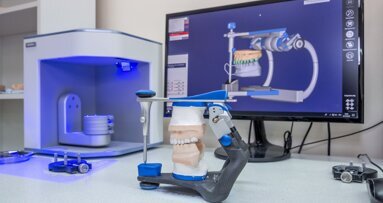


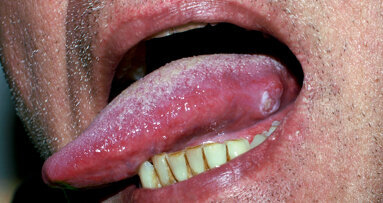


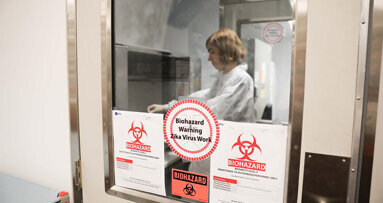

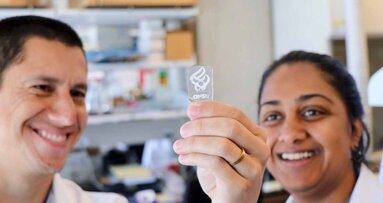











To post a reply please login or register